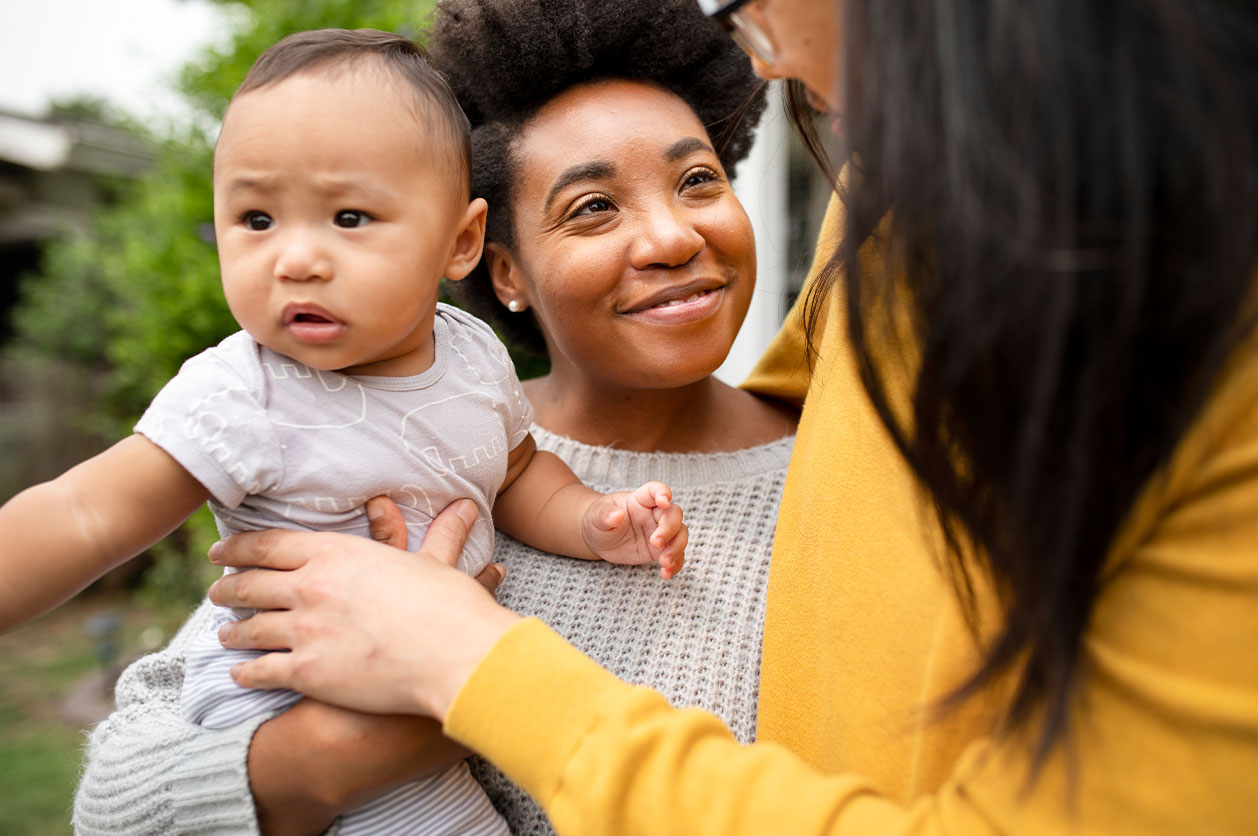A Little More Detail
If those copies have mistakes, this can cause problems. For example, some gene changes can make you more likely to get cancer.
For example, the sun damages DNA in the cells that are exposed to it, and if the damage goes unrepaired, these gene changes will be copied as your body creates new cells. This may cause a tumor to grow.
This is not quite right. When we describe genes that cause disease, we are really talking about a gene that has a genetic variant. The gene should help create a normal, healthy state, but a variant of that gene can cause problems. For example, everyone has a gene called CFTR, but only people with a gene variant in the CFTR gene have cystic fibrosis.
It safeguards against many of the mistakes that are bound to happen as your body makes billions of new cells throughout your life. Even when your genes are not copied perfectly, they will usually still function correctly, or at least well enough that you will not notice a problem. Only a small number of gene variants cause a genetic disorder. Sometimes, your body can repair the gene to help protect itself from disease. Gene variants can sometimes even have a positive effect, such as resistance against disease, although this is rare.
Mutagens are pollutants in the environment that enter the body and directly change your genes. For example, the chemicals in cigarette smoke can cause cancer.
Gene-gene interactions occur when pollutants in the environment do not change your DNA sequence, but rather cause a chain reaction that affects the functioning of one gene that then affects the functioning of another gene. For example, regularly drinking way too much alcohol can cause a specific gene, TACE, not to produce enough of its protein. TACE protein is supposed to help the MTHFR gene make enough of its protein. Too little MTHFR protein changes the level of folate (another protein) in our blood, and low folate levels may cause depression.
Mutagens in the environment can indirectly affect the body’s DNA sequence by altering transcription factors. Transcription factors are responsible for starting the process of making proteins from genes. Proteins are important for all functions of the body, so if the process of making them is affected, health problems can happen. For example, stress can change the amount of proteins made by genes involved in your immune system and therefore, you may get sick more easily when you’re stressed.
The environment can alter your health by affecting the proteins that turn genes on or off. For example, half the genes that cause familial or inherited cancer are turned off when pollutants in the environment affect these proteins. Because they are turned off, these genes cannot suppress tumor formation or repair DNA.





